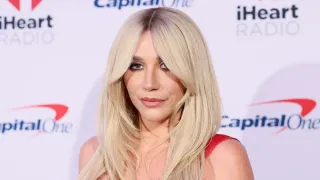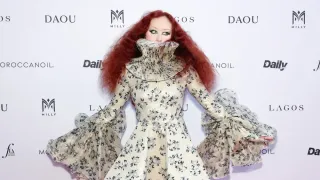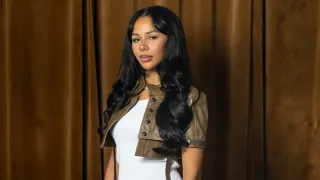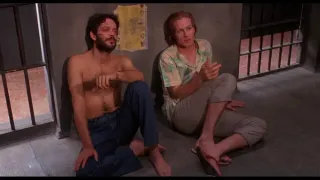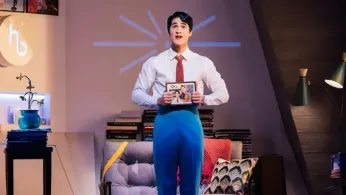
11 hours ago
Broadway’s “Maybe Happy Ending” Faces Casting Turmoil: Darren Criss to Return After Planned Leave
READ TIME: 3 MIN.
Broadway’s “Maybe Happy Ending” became the center of controversy this week after conflicting announcements regarding the future of its lead star, Darren Criss. On August 20, 2025, it was revealed during a matinee performance that Criss, who originated the role of Oliver, would not be leaving the production entirely but instead would take a previously scheduled nine-week leave of absence. This clarification came after earlier reports and official statements led many fans and members of the Broadway community to believe Criss was being replaced for the remainder of the run by actor Andrew Barth Feldman—a move that quickly stirred public debate .
According to the production’s representatives, “Months prior to casting Andrew Barth Feldman, it was planned that Darren Criss would take a leave-of-absence starting September 2nd and return to ‘Maybe Happy Ending’ on November 4th.” Andrew Barth Feldman, well known for his work in “Dear Evan Hansen,” will temporarily step into the role of Oliver during Criss’s absence .
The initial announcement that Feldman would join the cast—absent any mention of Criss’s planned return—sparked significant backlash, most notably from the Asian American and Pacific Islander (AAPI) Broadway community. Critics voiced concerns about the optics of replacing a lead of Filipino descent with a white actor in a show that, while not explicitly about race, features a creative team and ensemble with strong AAPI representation. This debate is situated within a larger ongoing conversation about authentic representation in the theater industry, particularly when it comes to stories, roles, and opportunities for LGBTQ+ and AAPI artists .
Helen J Shen, a member of the show’s cast, and the production’s creative team released statements in recent weeks addressing the importance of diversity and inclusion both on and off the stage. While the show has been praised for a cast that includes actors such as Dez Duron, Marcus Choi, Steven Huynh, Hannah Kevitt, Daniel May, Christopher James Tamayo, and Claire Kwon, the temporary casting change was seen by some as undermining progress toward equitable representation .
“Maybe Happy Ending,” which opened at the Belasco Theatre on November 12, 2024, has been celebrated for its nuanced depiction of love and identity, themes that resonate with LGBTQ+ audiences. The show’s central narrative—following the journey of Oliver, a Helper-Bot seeking connection—invites reflection on chosen families, belonging, and the search for self-acceptance. These are experiences familiar to many within the LGBTQ+ community, and the show’s commitment to inclusive storytelling has made it a touchstone in queer theater circles .
Darren Criss himself has long been an advocate for LGBTQ+ visibility in the arts, and his involvement in the production has been seen as a meaningful bridge between communities. The recent controversy, however, highlights the ongoing work needed to ensure that all identities—racial, gender, and sexual—are authentically represented and respected both on stage and behind the scenes .
With the clarification that Criss will return to the role of Oliver on November 4, 2025, the production aims to move forward while acknowledging the lessons learned from the past week’s events. The show will continue its Broadway run before embarking on a multi-year North American tour beginning in Fall 2026, with engagements in over 30 cities including Los Angeles, Chicago, and San Francisco. Further casting and additional stops are expected to be announced in the coming months .
This episode serves as a reminder that representation and transparency in casting decisions are not just industry talking points but real issues that impact artists and audiences alike. As Broadway continues to reckon with its history and set new standards for inclusion, shows like “Maybe Happy Ending” will remain at the forefront of these vital conversations, ensuring that every community—especially those underrepresented—has a voice and a place in the spotlight.
